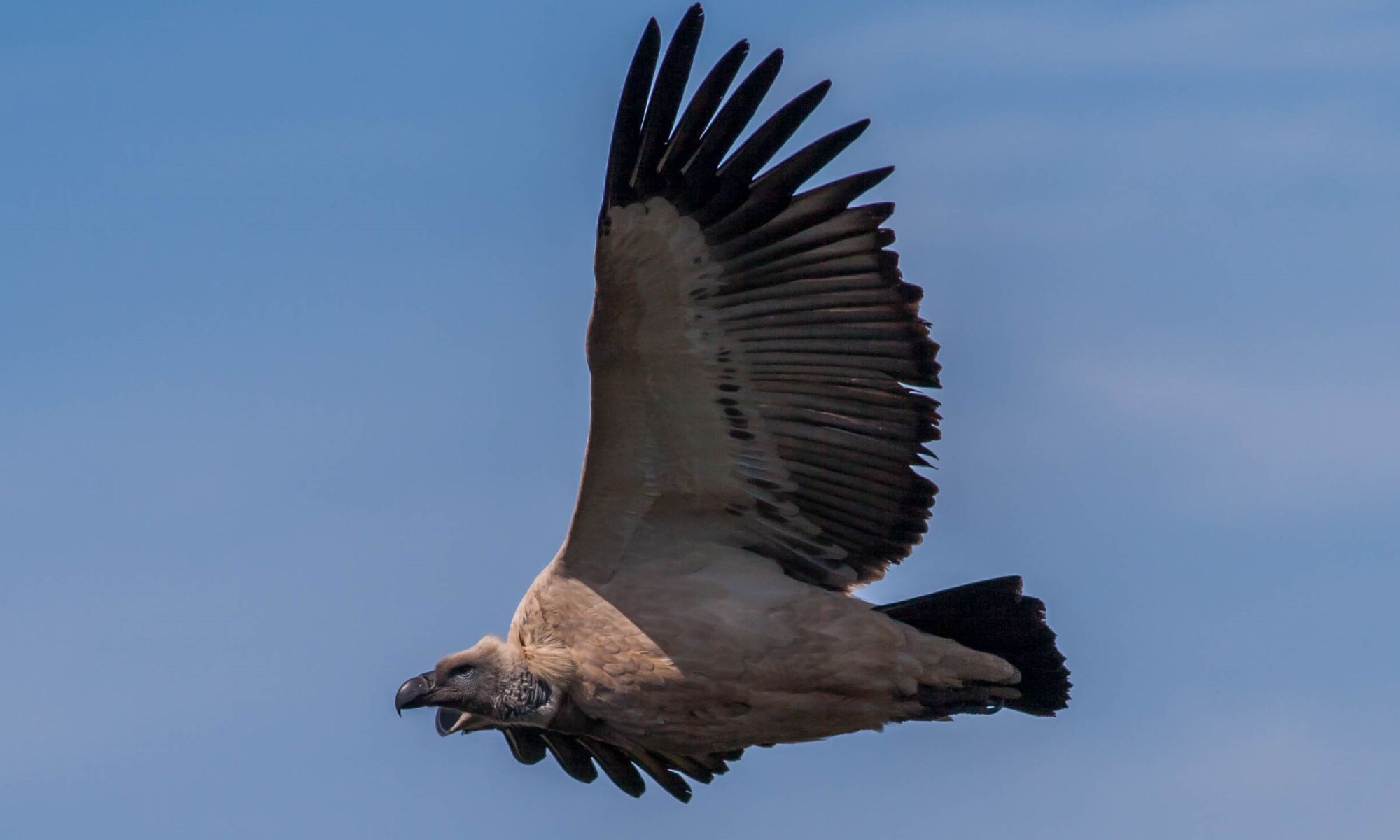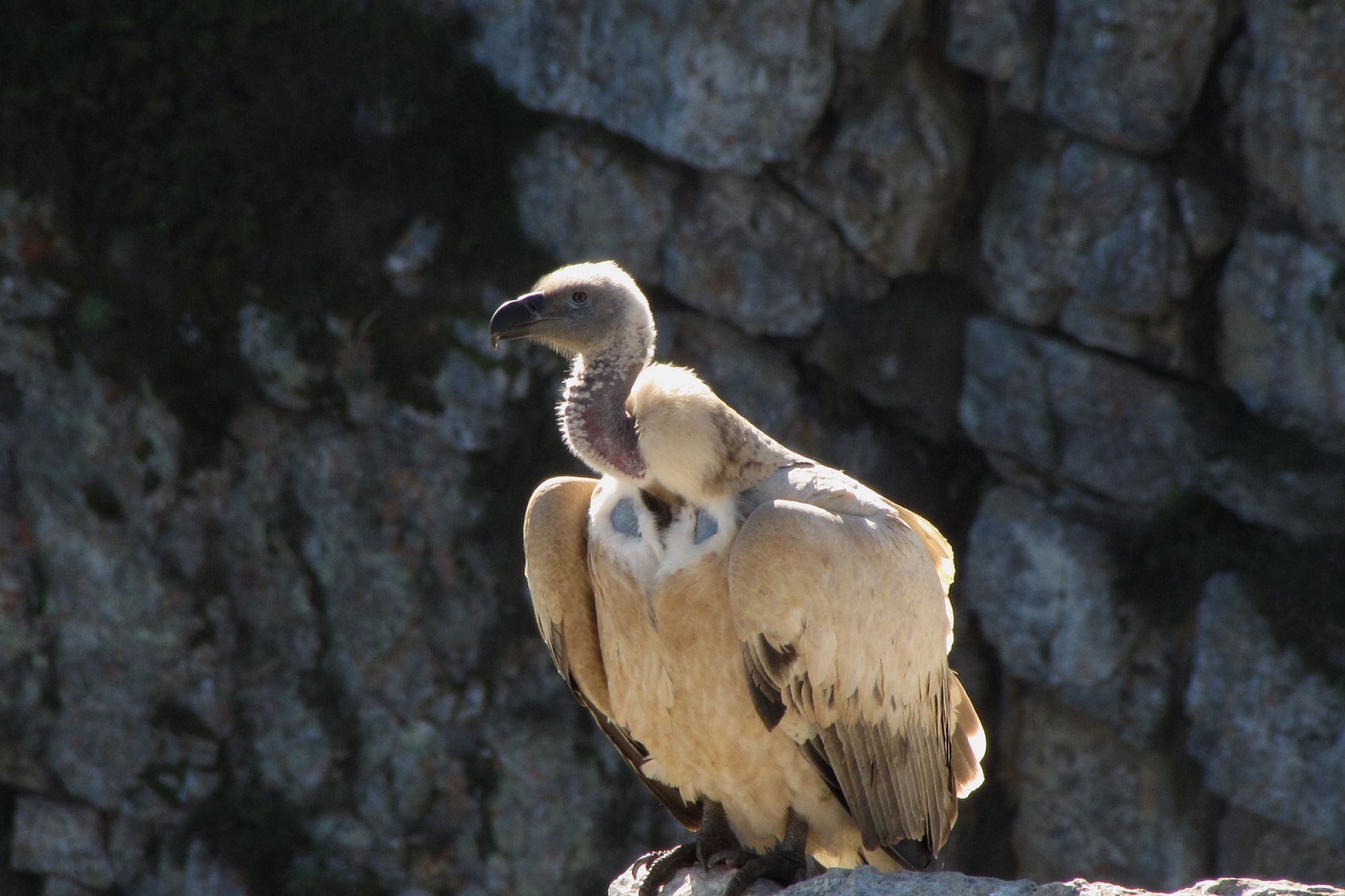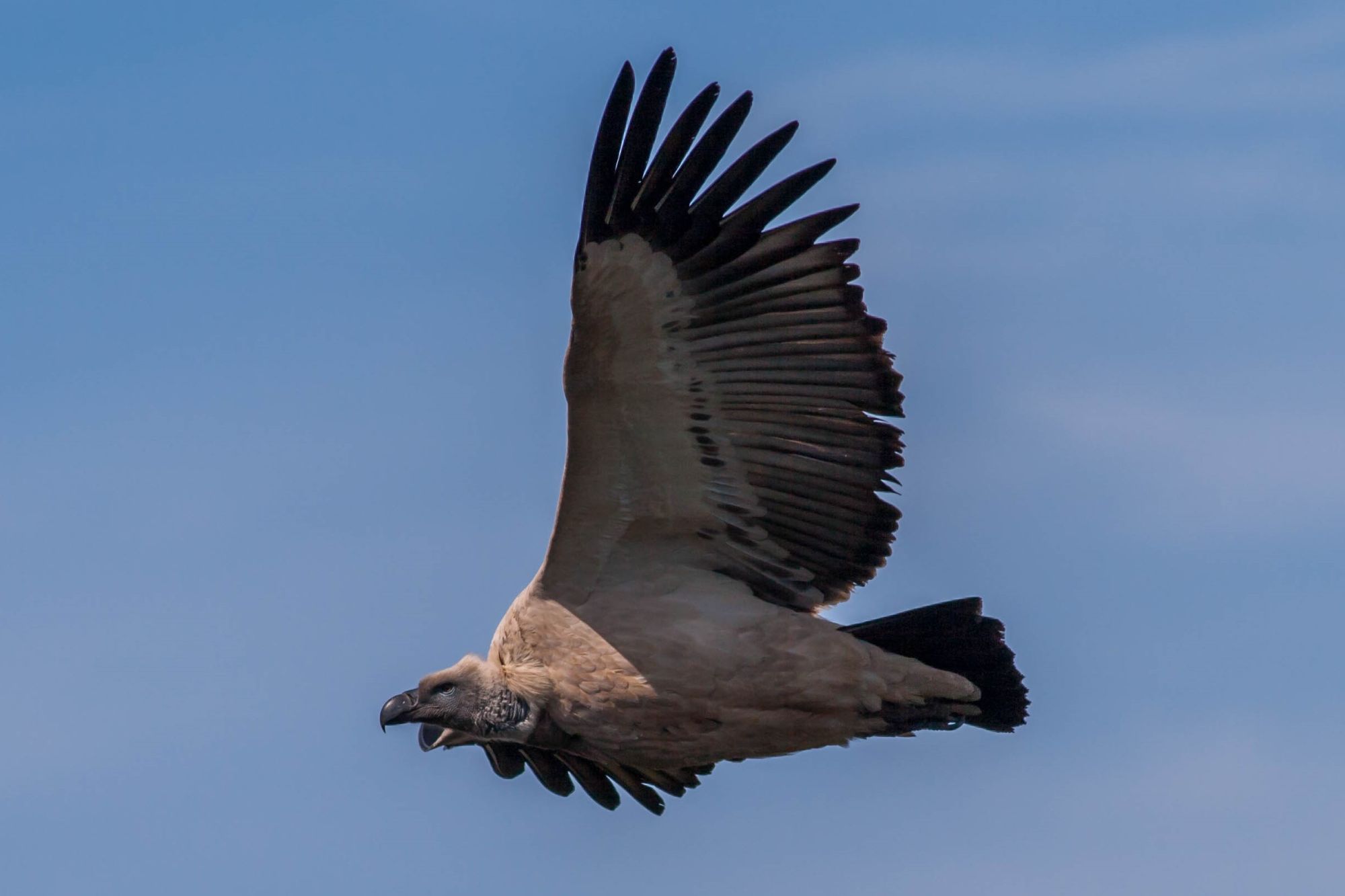
International Vulture Day 2020
By Kevin Shaw, CapeNature Team Leader: Ecology | Biodiversity Intelligence
The first Saturday in September is recognised worldwide as International Vulture Day. This group of highly specialized birds performs a vital ecological service in the ecosystems they live in. They are responsible for the removal of dead and decaying animals thereby reducing the spreading of diseases such as anthrax and rabies. Unfortunately they face many threats, which can be area specific or applicable to all species. These threats have resulted in substantial population declines in the majority of the vulture species worldwide. There are 23 species of vultures, seven of which can be found in North and South America, while the rest can be found in Africa, Europe and Asia. Africa has 10 vulture species, eight of which occur in South Africa. Currently 16 of the 23 species are listed as threatened with 9 species listed as “Critically Endangered”.

Threats that they face include persecution, electrocution and collision with powerlines, drowning in reservoirs, loss of suitable habitat and shortage of safe food supplies. Poisoning, however, remains the greatest threat especially lately in Africa where a number of incidents have resulted in substantial numbers of birds been poisoned. Circling vultures alert authorities to dead bodies a fact that poachers are also aware of. Carcasses are laced with poison as a means to remove these “eye in the skies” so that poachers can continue unhindered with the removal of wildlife. This is now commonly referred to as “sentinel poisoning”.
Only one species of vulture, the Cape Vulture, occurs in the Western Cape. The single colony and the most southern colony of Cape Vultures is situated in the De Hoop Nature Reserve near Bredasdorp. Although this is a small colony in comparison with the northern Cape Vulture colonies the numbers are increasing due to the good relations with surrounding landowners and their positive attitude to the birds. Presently there are just over 300 free-flying birds at the colony.

Threats to the colony are mostly powerline collisions and electrocutions. A number of lines and pylons in the area have been retro-fitted with mitigating devices to reduce this threat. Other threats include drowning in reservoirs, shortage of food and poison. The latter is due to the fact that the birds forage over the adjacent agricultural landscape and come into contact with agricultural chemicals, which while a threat, pales in comparison to what is occurring further north in Africa. With the support of the surrounding landowners and various conservation initiatives it is hoped that the numbers will increase and the birds will return to the other extinct colonies within the Western Cape.




